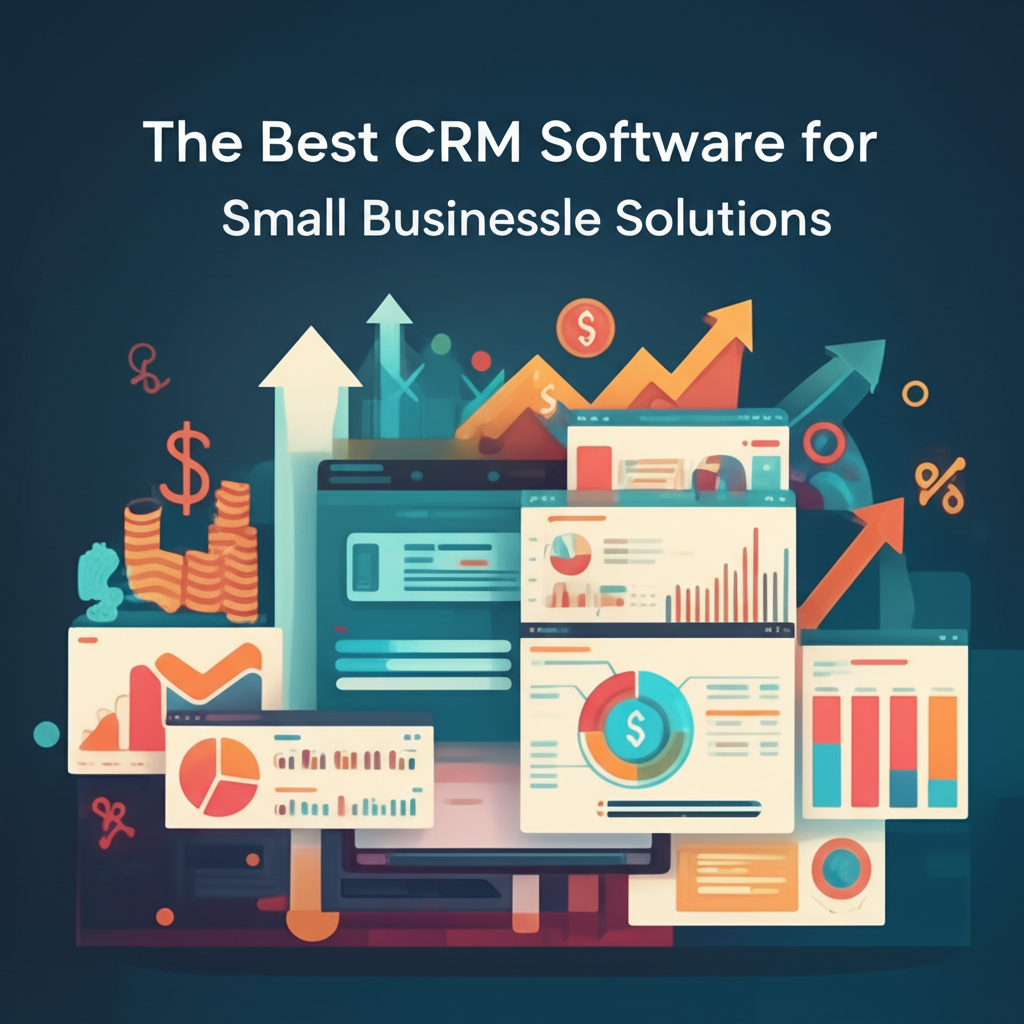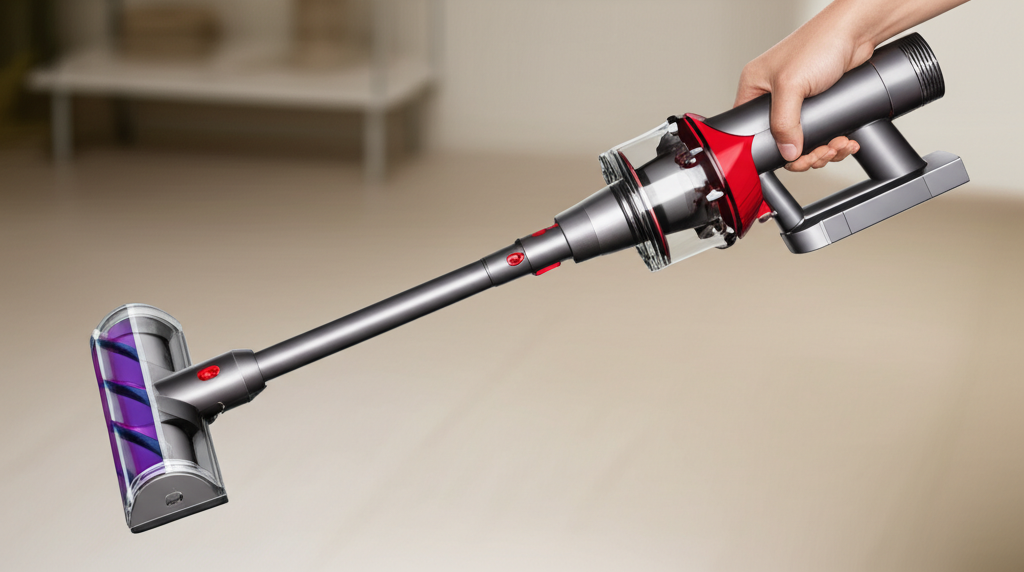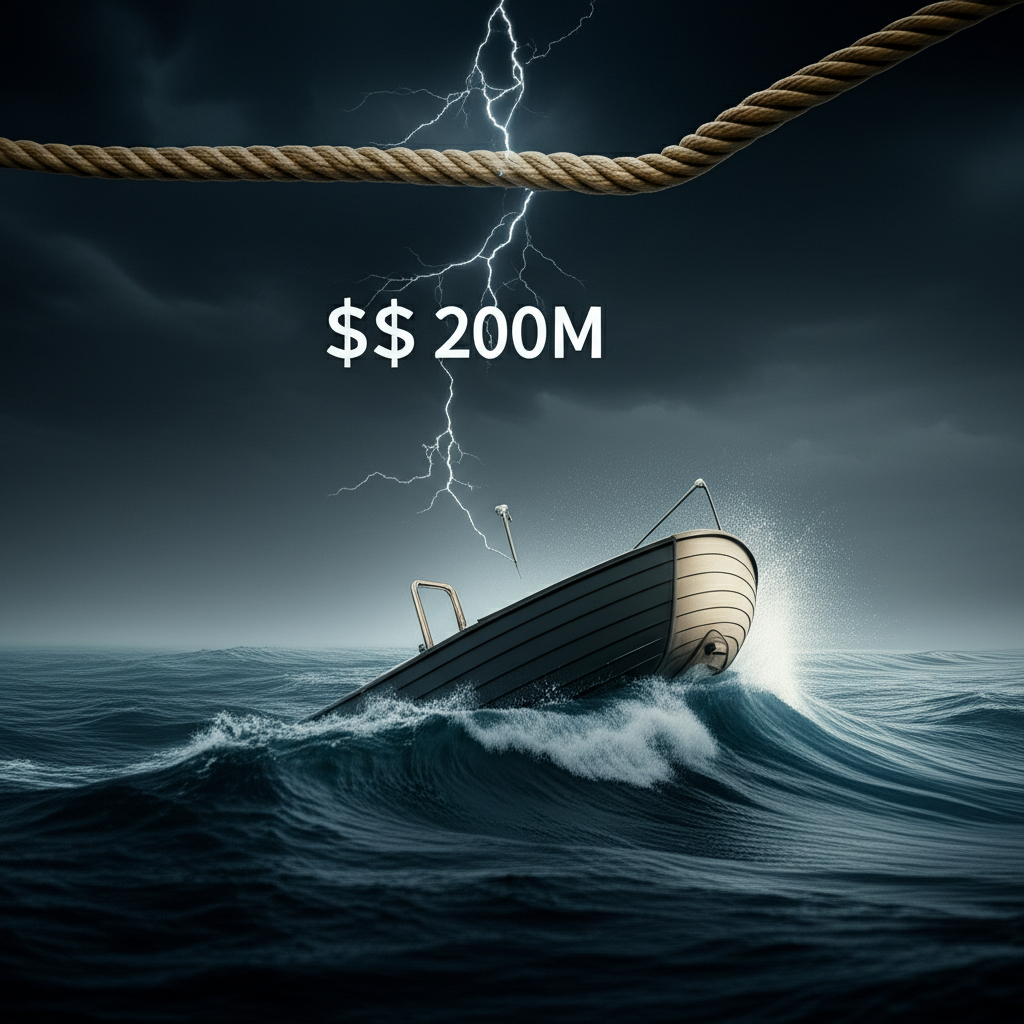From Poker Joke to $4M Seed Round: The Serendipitous Rise of AI Gut Health Toilet Startup Throne
The world of startup funding is often portrayed as a relentless grind, a battle fought with pitch decks, financial models, and endless networking. Yet, sometimes, the path to securing crucial early-stage capital is paved with unexpected turns, chance encounters, and a healthy dose of serendipity. The story of Throne, an Austin-based company developing an AI-powered device for at-home health monitoring via the toilet, is a prime example of such a journey – one so filled with fortunate coincidences that it almost feels guided by an unseen hand.
Throne recently announced a significant milestone: the closing of a $4 million seed financing round. This funding was led by Katie Jacobs Stanton, founder of Moxxie Ventures, and saw participation from a diverse group of investors, including several well-known figures like former professional cyclist Lance Armstrong, Rupa Health co-founder Tara Viswanathan, and TrueMed founder Justin Mares. This capital infusion is set to propel Throne forward as it moves its innovative device from prototype toward a planned launch in early 2026.
But beyond the financial headlines, the narrative of how Throne came to be, and how it attracted this level of investment and talent, is a fascinating tale of pivoting from failure, embracing an unconventional idea, and leveraging a network built on trust and shared vision.
An Unlikely Origin: From Poker Table Jest to Health Tech Vision
The genesis of Throne is perhaps its most colorful chapter. It began not in a sterile lab or a corporate boardroom, but during a casual poker game among friends in Austin in 2021. Scott Hickle, a mechanical engineer, and Tim Blumberg, a full-stack software engineer, were among the players. The conversation turned to hypothetical startup ideas – specifically, those that were intriguing but perhaps too awkward or unconventional for founders to want their names attached to. While others joked about ideas in less savory industries, Blumberg offered a suggestion that landed with unexpected weight: "smart toilets."
Hickle's immediate reaction was amusement, coupled with a flash of inspiration for a name. "That's hilarious. Clearly, you would name that company Throne," he recalled saying. At the time, it was just a joke, a fleeting thought in a game night conversation.
Fast forward to 2023. Hickle and Blumberg had co-founded a different startup focused on nurse hiring. Despite their efforts, that venture ultimately failed. They found themselves in the difficult position of contacting their investors, presenting them with two options: either they had a new, promising idea to pursue, or they would return the remaining funds. It was during one of these conversations that an investor, seemingly out of the blue, asked, "You guys thought about smart toilets?"
The question struck a chord, echoing their earlier poker table jest. "We were like: You know, we've named that company! That's Throne," Hickle recounted. For the co-founders, this felt like a sign, a nudge from the universe towards an idea they had previously dismissed as mere humor.
Emboldened by this unexpected validation, they began to seriously research the concept. Their initial inquiries led them to a crucial source of expertise: Hickle's mother, a doctor specializing in gerontology. He posed the seemingly simple, yet medically profound, question: would there be any health benefit in analyzing human waste? Her response was an emphatic yes, accompanied by anecdotes illustrating how patients often shared photos of their waste with her, recognizing its importance as a health indicator.
The Science Behind the Stigma: Why Waste Matters for Health
While perhaps not a topic for polite dinner conversation, human waste is a rich source of biological data. Its color, consistency, frequency, and composition can provide valuable insights into a person's digestive health, hydration levels, and even systemic conditions. Throne's core premise is to capture this data non-invasively and automatically using advanced technology.
The device itself is not a full toilet replacement but rather an attachment designed to mount onto an existing toilet bowl. It utilizes computer vision – essentially, cameras positioned to observe the waste, combined with sophisticated AI software trained to analyze the visual data. This system is designed to identify and monitor indicators related to a wide range of chronic conditions, including:
- Irritable Bowel Syndrome (IBS)
- Ulcerative Colitis and Crohn's Disease (Inflammatory Bowel Diseases)
- Potential markers for various colon cancers
- Chronic Kidney Disease (through analysis of urine)
- Enlarged Prostate (also through urine flow analysis)
- Conditions identifiable or monitorable via menstrual blood
- Hydration levels
- General urological function
For Hickle, whose father also had experience inventing medical devices, the potential to use this technology to help predict or potentially prevent attacks of chronic conditions, or even detect early signs of deadly diseases like colon cancer, was a powerful motivator. It transformed the initial joke into a mission-driven endeavor with significant potential impact on public health.
However, the path from a compelling vision to a viable product was not without its hurdles. The co-founders, while skilled engineers, recognized their lack of experience in hardware product development. Furthermore, not everyone shared their enthusiasm for the concept. One of their existing investors from the previous startup was so opposed to the smart toilet idea that they requested their money back. Hickle described this moment as "brutal," not just for the financial loss but for the blow to their confidence.
Despite this setback, they pressed on, finding that for every person who dismissed the idea, there were others who saw its potential and were intrigued by the possibility of non-invasive, continuous health monitoring at home.

Building the Team and Attracting Key Backers
The journey to securing the $4 million seed round and building a credible team involved a series of critical connections, many of which seemed to arrive through fortunate circumstances.
Their network in Austin led to an introduction to the business manager of Lance Armstrong. Given Armstrong's public history with prostate cancer, the potential health monitoring capabilities of Throne resonated with him. This connection culminated in a moment Hickle described as "surreal": standing outside Armstrong's bathroom door after installing a prototype, awaiting his feedback. The verdict was positive, and Armstrong became an early angel investor, writing a check that provided crucial early validation.
While not every introduction resulted in investment, many opened doors to further connections. One such introduction led them to John Capodilupo, best known as the co-founder and former CEO of WHOOP, the popular wearable fitness and health tracker. Capodilupo had publicly shared his experience with ulcerative colitis, one of the chronic conditions Throne aims to help monitor. He was also on the board of trustees for the Crohn's and Colitis Foundation, demonstrating a deep personal and professional interest in digestive health.
Capodilupo initially invested as an angel, but the Throne founders quickly recognized that his extensive experience in developing and scaling a successful health tech hardware company was exactly what they needed. It took months of persistence, but they eventually convinced Capodilupo to join Throne not just as an investor, but as a co-founder and Chief Product Officer. This was a pivotal moment, bringing essential hardware development expertise and significant industry credibility to the team.
The introduction to Katie Jacobs Stanton of Moxxie Ventures, the lead investor in the seed round, also came through a serendipitous connection. Hickle had been friends with Tara Viswanathan, co-founder of Rupa Health (a platform for functional medicine testing), since high school. Viswanathan facilitated the introduction to Stanton, who saw the potential in Throne's unique approach to preventative and proactive health monitoring.
Other investors joining the seed round included Accomplice, Long Journey Ventures, V1.VC, Night Capital, Retron VC, and Myelin Ventures. This diverse group of backers signals confidence in both the market opportunity and the team's ability to execute on a challenging, yet potentially high-impact, product.
Validation and the Road Ahead
For a device making health claims, rigorous scientific validation is paramount. Throne has proactively sought partnerships with leading research institutions to validate the accuracy and efficacy of its software and analysis capabilities. Here, too, serendipity played a role in securing key collaborations.
A partnership with the University of Washington materialized after a friend of Hickle's happened to sit next to a urologist researcher on a plane. The friend mentioned Throne, sparking the researcher's interest and leading to an introduction and subsequent collaboration focused on urological function monitoring.
Similarly, a connection to the University of Chicago came through another friend of Hickle's who introduced him to his uncle, a premier gastroenterologist researcher. As fate would have it, this uncle also served on the board of the Crohn's and Colitis Foundation and was already acquainted with John Capodilupo. This overlapping network and shared interest in digestive health facilitated a crucial partnership focused on validating Throne's capabilities for monitoring conditions like IBS and colitis.
These research partnerships are critical steps towards demonstrating that Throne's technology can reliably and accurately analyze waste data to provide meaningful health insights. The company states that its software includes robust privacy controls, such as anonymizing images sent to researchers, to address potential user concerns about sensitive data.
With the seed funding secured, the team strengthened by Capodilupo's expertise, and validation efforts underway, Throne is focused on refining its pre-production prototype and preparing for its planned launch in January 2026. Bringing a novel hardware device to market, especially one dealing with such intimate health data, presents significant technical, regulatory, and consumer adoption challenges.
The Power of Serendipity (and Hard Work)
Reflecting on the series of fortunate events that have propelled Throne forward, Scott Hickle and Tim Blumberg often joke internally that "it's better to be lucky than good, and we just get so dumb lucky. All the time." While acknowledging the role of chance, Hickle also believes that the strong tailwinds they've experienced suggest that "the world wants us to do this."
Indeed, the increasing focus on preventative health, at-home diagnostics, and the potential of AI and computer vision in healthcare creates a fertile ground for a product like Throne. While the concept of a smart toilet may initially raise eyebrows, the potential health benefits – early detection of serious diseases, better management of chronic conditions, and empowering individuals with continuous, passive health data – are substantial.
The journey of Throne from a poker table joke to a funded startup with serious medical ambitions is a testament to the unpredictable nature of innovation and fundraising. It highlights how a seemingly unconventional idea, when combined with a compelling vision, a dedicated team, strategic connections, and a bit of luck, can attract the resources needed to pursue a potentially transformative product. As Throne moves towards its 2026 launch, the tech and health industries will be watching to see if this serendipitous beginning translates into a successful future for at-home health monitoring.



















